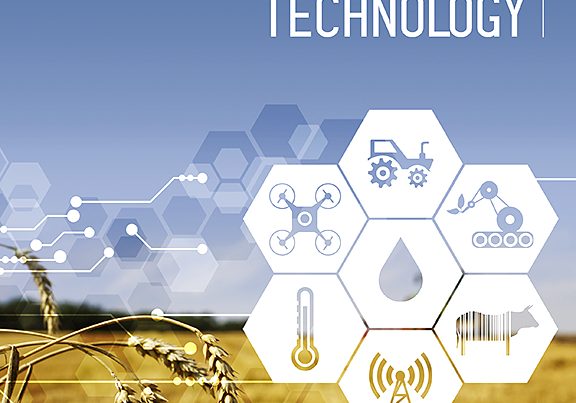Document type : Scientific article published in Current Biology.
Authors: Rachael Miller, Megan L. Lambert, Anna Frohnwieser, Katharina F. Brecht, Thomas Bugnyar, Isabelle Crampton, Elias Garcia-Pelegrin, Kristy Gould, Alison L. Greggor, Ei-Ichi Izawa, Debbie M. Kelly, Zhongqiu Li, Yunchao Luo, Linh B. Luong, Jorg J.M. Massen, Andreas Nieder, Stephan A. Reber, Martina Schiestl, Akiko Seguchi, Parisa Sepehri, Jeffrey R. Stevens, Alexander H. Taylor, Lin Wang, London M. Wolff, Yigui Zhang, Nicola S. Clayton
Preview: Behavioral responses to novelty, including fear and subsequent avoidance of novel stimuli, i.e., neophobia, determine how animals interact with their environment. Neophobia aids in navigating risk and impacts on adaptability and survival. There is variation within and between individuals and species; however, lack of large-scale, comparative studies critically limits investigation of the socio-ecological drivers of neophobia. In this study, we tested responses to novel objects and food (alongside familiar food) versus a baseline (familiar food alone) in 10 corvid species (241 subjects) across 10 labs worldwide. There were species differences in the latency to touch familiar food in the novel object and novel food conditions relative to the baseline. Four of seven socio-ecological factors influenced object neophobia: (1) use of urban habitat (versus not), (2) territorial pair versus family group sociality, (3) large versus small maximum flock size, and (4) moderate versus specialized caching (whereas range, hunting live animals, and genus did not), while only maximum flock size influenced food neophobia. We found that, overall, individuals were temporally and contextually repeatable (i.e., consistent) in their novelty responses in all conditions, indicating neophobia is a stable behavioral trait. With this study, we have established a network of corvid researchers, demonstrating potential for further collaboration to explore the evolution of cognition in corvids and other bird species. These novel findings enable us, for the first time in corvids, to identify the socio-ecological correlates of neophobia and grant insight into specific elements that drive higher neophobic responses in this avian family group.
Publication that gave rise to an article in Le Monde newspaper on 21 November: Les corbeaux confrontés à la peur de la nouveauté




